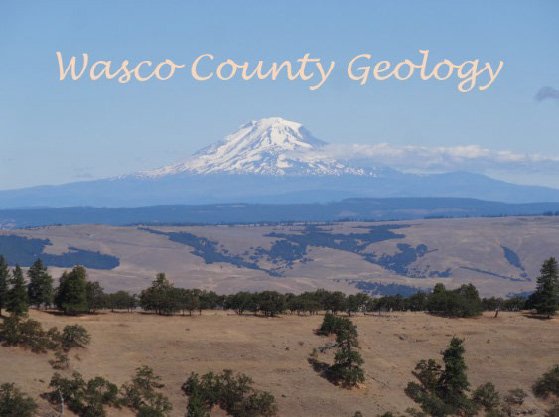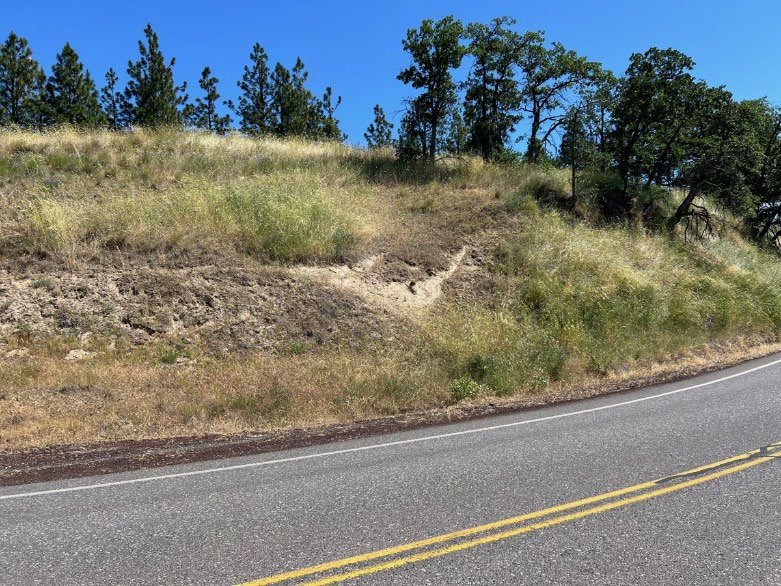Lizzet Reyes Master's Candidate
/Lizzet Reyes Master’s Candidate
Volcanic eruptions release carbon dioxide (CO2) into the atmosphere, which contributes to the carbon cycle. However, much is still unexplored about how volcanic eruptions affect the movement of organic carbon from vegetation and soil. My thesis focuses on the impact of the 1980 Mount St. Helens eruption on the terrestrial carbon cycle. It examines how the eruption affected carbon storage in vegetation and soils in the affected area. By comparing terrestrial carbon levels before and after the eruption, we aim to establish a carbon budget for the period since 1980.
Analysis of biomass carbon maps generated from various data sources indicates that the area currently holds 11.3 metric tons of carbon. If pre-eruption terrestrial carbon levels were lower, the eruption may have acted as a carbon sink over several decades. We also propose that landslides triggered by eruptions could contribute to carbon sequestration. Overall, the research emphasizes the need to understand the intricate connections between geological processes, such as volcanic eruptions and landslides, and their impact on the global carbon cycle to comprehend their long-term effects on Earth's climate and environment.
I am currently in the analysis stage of my research. I did fieldwork over the summer to verify some LiDAR-derived datasets I use for remote sensing work. My next steps are to develop a terrestrial carbon accumulation curve by doing a time-series analysis of satellite images following the eruption. I will then apply the accumulation curve to an existing terrestrial carbon model to create a carbon budget for the eruption. I am looking to defend at the earliest this spring, but at the latest this summer!

























































